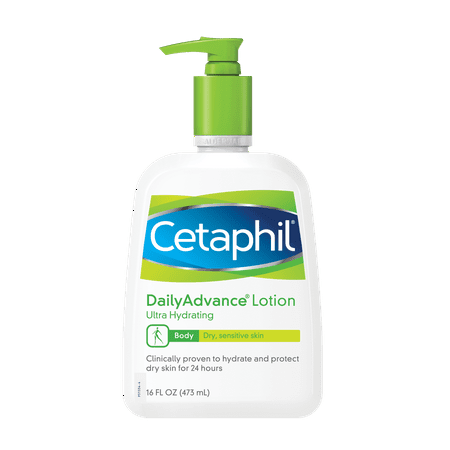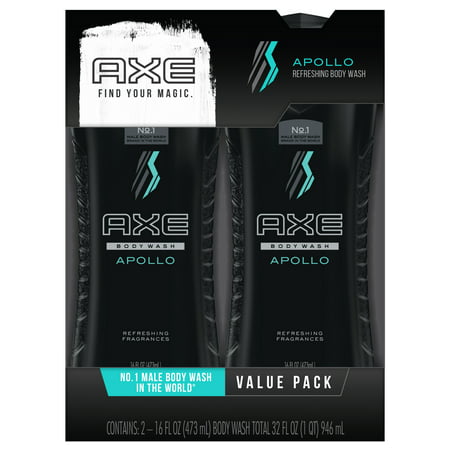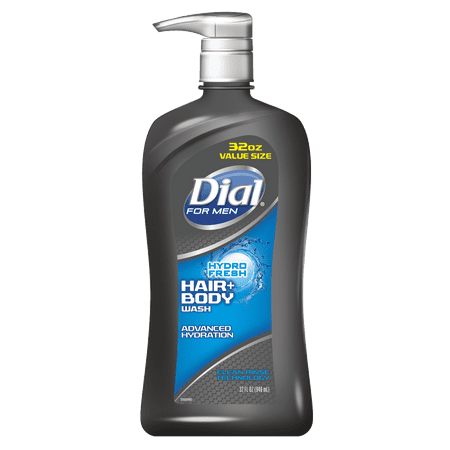(2 Pack) Softsoap Moisturizing Body Wash, Juicy Pomegranate and Mango, 20 Ounce
Delight your skin and senses with Softsoap® Body Wash, Juicy Pomegranate & Mango. This formula is infused with pomegranate extract, contains moisture beads, and will leave your skin feeling fresh and your senses happy.














Reviews
There are no reviews yet.